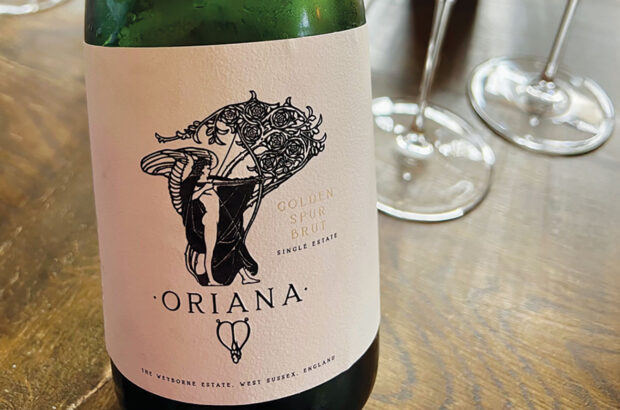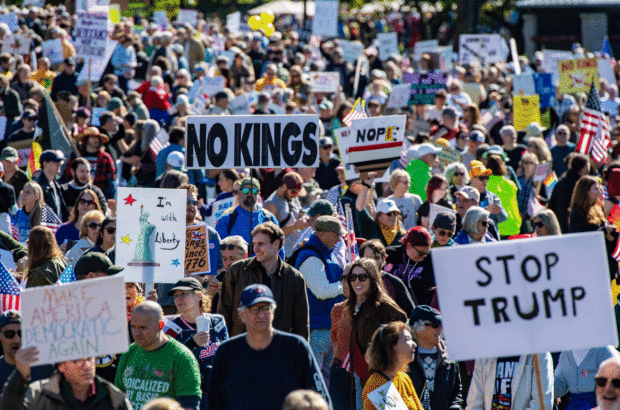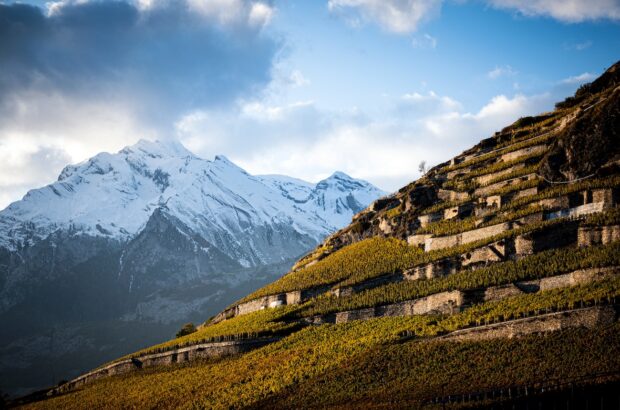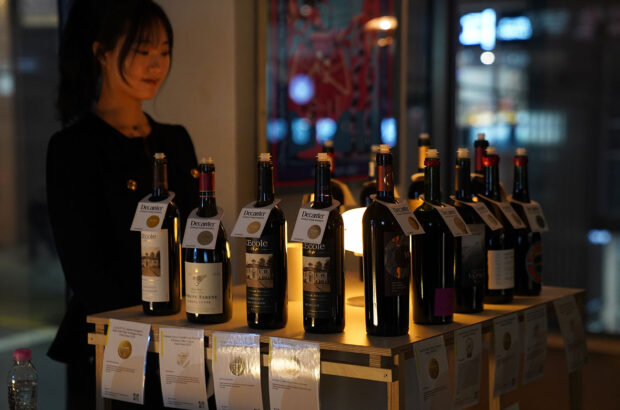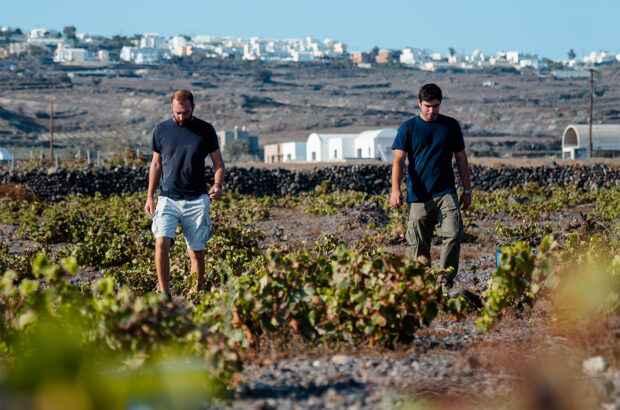And the winner is...
Dopff-au-Moulin, Riesling de Riquewihr Grand
Cru Schoenenbourg, Alsace, France 2008 (12.5%)
Wonderfully fresh apple and pear fruit, with a citrus
and mineral complexity. Rich, imposing, full-bodied,
textured, quite firm and astringent – will be even
better after a year or two’s maturation..
UK: £22.49; HaL, WdW
A keenly contested Trophy featuring a stellar line-up. Peter Lehmann’s Wigan Riesling was up for the grand prize for the second year in succession. But, also for the second year in a row, Alsace takes the award. The steep, south- and southeast-facing Schoenenbourg, or ‘beautiful hill’, climbs from 265m to 380m above the cobbled streets of Riquewihr. The soil’s physical properties here, together with the hill’s sun-blessed aspect, counter the coldness of Schoenenbourg’s marly-clay make up, lengthening véraison (the onset ofripening) by just enough to achieve greatness. The effect of this and the soil’s alkalinity on Riesling’s naturally late-ripening regime results in a fine, ripe acidity. The grapes for this Trophy yielded a wine of just 12.7% alcohol with less than five grams per litre of residual sugar. Proof that Alsace Riesling doesn’t have to be sweet.
For more information, subscribe to Decanter magazine, and receive your Awards issue, here.
Written by



